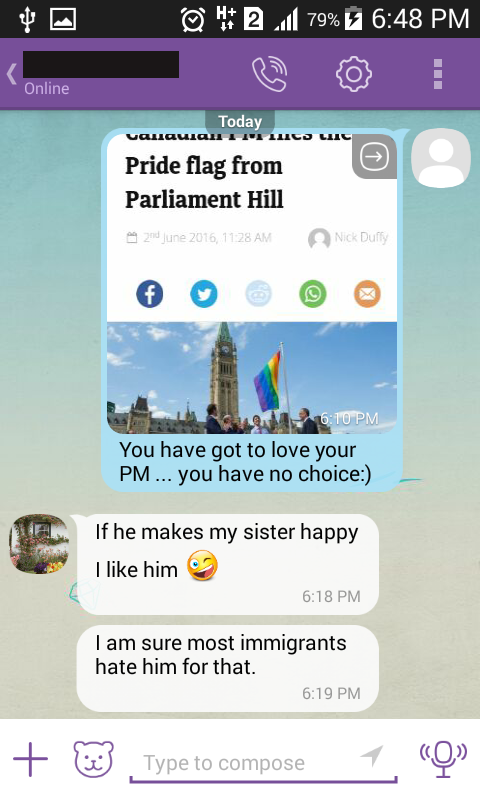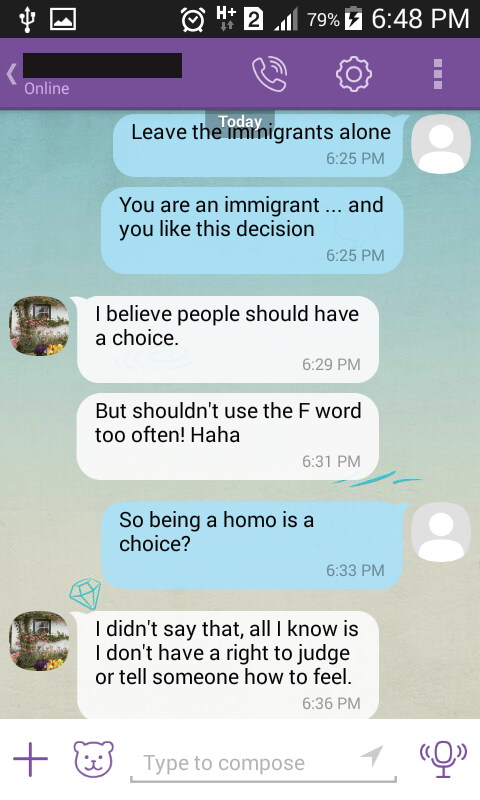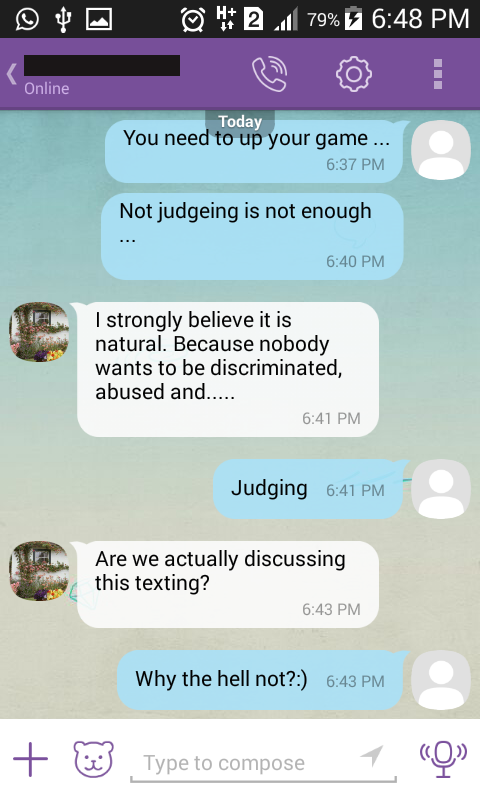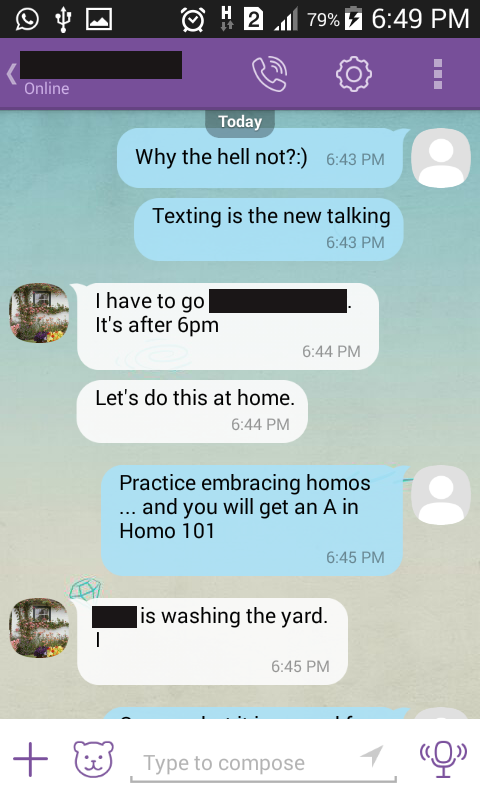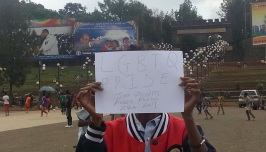“Obama not come ethiopia b/c you ar GAY..” posts a fellow Ethiopian on Facebook. Though badly written, it effectively reflects the general sentiment around President Barack Obama’s expected visit to Ethiopia.
Since the announcement of his visit to Addis Ababa, it has proved impossible to escape discussions about Obama. At a gathering at a home of a friend, someone mentions Obama’s upcoming visit. Although they all express their anger, one person’s reaction in particular best illustrates the atmosphere. He says, “Why do I care whether a Bushiti (faggot in Amharic) visits or not?”
At a popular restaurant in town, I overhear a group of young people discussing the scheduled visit. One person says, “Obama knows the people do not want to hear him talk about these gays and so he will respect us by not talking about them.” Most of them agree Obama will defer to “them” by not talking about “us”.
The conversations are endless and the settings vary. But without a doubt, Obama’s scheduled visit has unleashed a virulent homophobia on the streets of Addis Ababa. The climate for us homos will indeed get worse as the dates for Obama’s visit gets closer.
Most Ethiopians don’t care if the reason for his visit, according to the announcement by the White House, is to underscore American efforts to work with “sub-Saharan Africa to accelerate economic growth, strengthen democratic institutions, and improve security.” In the minds of many of my fellow Ethiopians, Obama is coming to promote the gay agenda. Based on overheard conversations in Addis Ababa, the agenda includes spreading the disease of queerness, turning normal Ethiopians to homos and corrupting the minds of Ethiopians into accepting homoness as a “normal” variation of human sexuality.
Obama is being vilified as a Satan whose sole purpose is ruining the God/Allah fearing people of Ethiopia. Of course, those of us who are already “ruined” are to be found nowhere in these discussions.
I have yet to be involved in a single discussion. I have occupied the periphery in these ongoing conversations – both eager to hear people’s take on his visit and hoping for a voice of sanity amidst the madness.
Upon first hearing about his visit to Kenya and then Ethiopia, I was excited that the first Black president of the US would visit my part of the world. I love my country and truly felt that good things could come out of his visit – mainly, increased investment and a possible change to the American media narrative of Ethiopian’s as starving and famine stricken people.
I admittedly anticipated a certain amount of discussion about queerness would enter into the news about his visit. U.S. Secretary of State John Kerry had included queers in his speech when he visited Addis Ababa in May 2014 and I assumed that people would refer to that address to dissuade Obama from bringing up queers or their rights.
For the past few years, many Western leaders have spoken out against homophobia and have pushed for inclusion of queer people. Many have spoken for an end to the criminalization of consensual same-sex sexual relationships and for respect for all kinds of gender expressions.
I can even see why some might think this is a form of colonization – the West yet again telling us what to do and how to do it. And us Ethiopians rightfully take the utmost pride about the fact that we have never been colonized. What we fail to see is that homophobia is not a value that we should aspire to hold on to. Someone telling us to respect another’s humanity should not lead to an argument about colonization; it should lead us to the conclusion that respecting the rights of our queer citizens is rather about basic and simple human decency.
In any case, Obama will soon be in my fair city. As a homo, I am not holding my breath waiting for him to liberate me from the madness that permeates my fellow Ethiopians. Obama may or may not say anything about queer rights. In fact, I am not sure that his saying anything would actually change people’s opinions or the way us queers are treated in this country.
But it would place us Ethiopian queers at the center. For once, a head of state would be speaking positively about us. And while that would anger many Ethiopians, I – as an Ethiopian homo – would be delighted.

